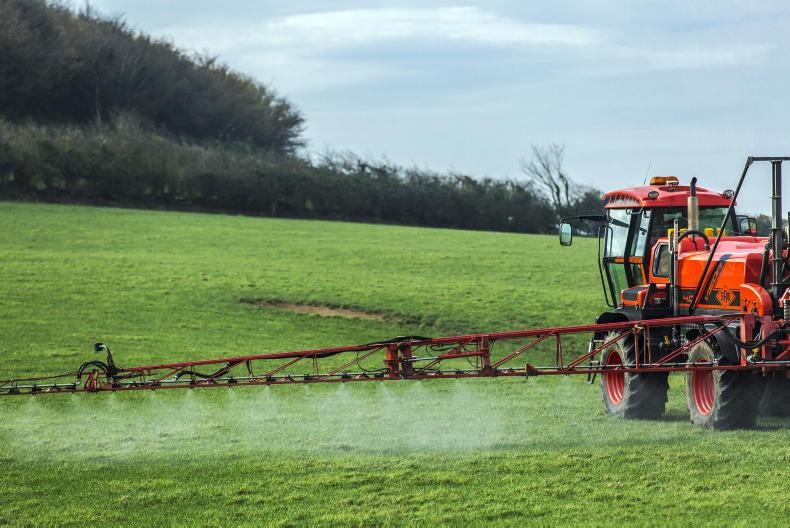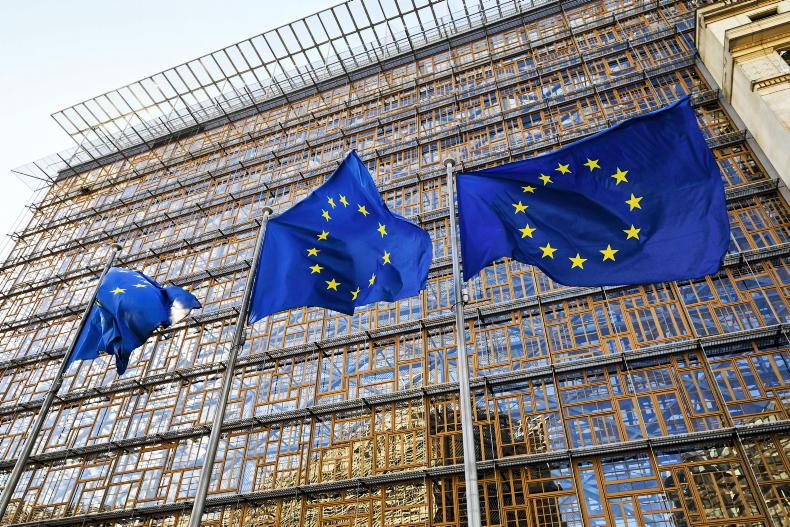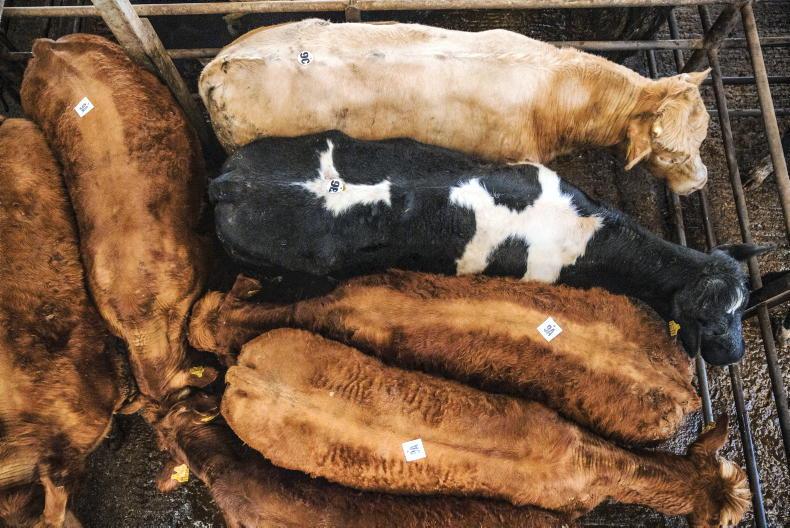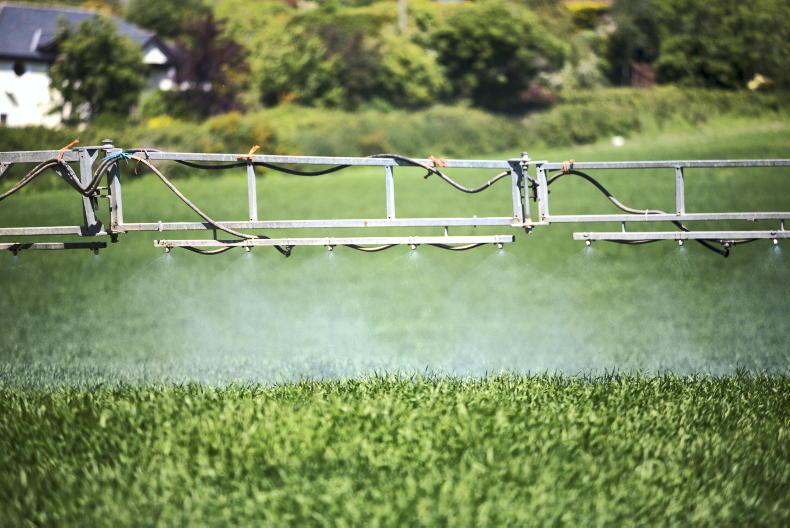Farmers should be compensated to cover the costs that will arise from the requirements of the new EU sustainable use of pesticides regulation, the Oireachtas Committee on Agriculture has said.
The new regulation contains two targets. The first target is to reduce the use and risk of chemical pesticides by 50% by 2030.
This target would be measured using pesticide sales data in each member state.
The second target aims to cut the use of more hazardous pesticides by 50% and would again be measured by sales data.
Negative implications
The committee has said that the current form of the proposal will have negative implications for both Ireland and other EU member states. It said that Ireland’s CAP plan has commenced, without the new proposal being accounted for.
“Additional EU funding should be provided to compensate farmers to cover the costs that will arise from the requirements of this proposal,” it said.
The committee said it was concerned that without a detailed impact assessment, member states are starting from different positions and that flexibility in setting national targets is required to accommodate the individual circumstances of member states.
The regulation also states that there will be crop-specific rules in relation to pest management. This, the committee said, could result in a “large administrative burden on member states and may go beyond what is required to achieve this proposal’s goal”.
Sensitive areas
It is proposed that plant protection products would be banned in “sensitive areas” and within 3m of these areas.
“The definition of 'sensitive area' includes the following areas: areas used by the general public and vulnerable groups, human settlements/urban areas, public parks or gardens, recreation or sports grounds, non-productive areas (GAEC 8), specific areas under other legislation such as the water framework directive (including nutrient-sensitive/nitrate-vulnerable areas), the habitats directive and the birds directive,” the regulation states.
However, the agriculture committee has said that this definition is too broad, as it covers natura 2000 sites and designated areas.
“In its current form, the proposal may have a negative implication on Ireland, as it may cover a significant amount of farmland which would fall under natura 2000 sites and designated areas.
"The committee is concerned that under this definition, the provision of use of pesticides would no longer be permitted in natura 2000 sites and designated areas which are currently used for agricultural activities, such as livestock grazing,” it said.
It has requested that the definition be reconsidered to take account of these areas.










SHARING OPTIONS